The Center for Aquaculture Technologies teams with Canada’s Icy Waters Ltd.
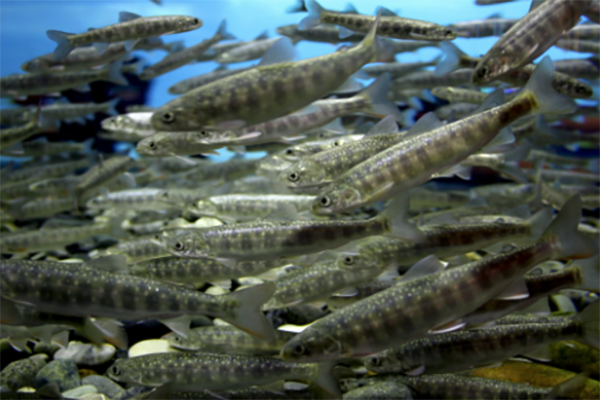
A new partnership will establish a customized genetics-based breeding program for a land-based Canadian Arctic char (Salvelinus alpinus) producer.
The Center for Aquaculture Technologies in San Diego, Calif., USA will team with Icy Waters Ltd., a company based in Whitehorse, Yukon Territory, Canada, the two companies announced on Tuesday.
“Developing sustainable food and protein sources continues to be a key economic factor for many countries around the world,” said Doug Hotson, GM of Icy Waters Ltd. “Aquaculture is poised to be an increasingly important contributor to this landscape. With the rise of Recirculating Aquaculture Systems (RAS), the benefits in growing char relative to other salmonids continue to gain interest, given their natural preference for higher densities.”
Icy Waters’ breeding approach involves two founder populations of broodstock. With the implementation of a modern selective breeding program and the development of custom genomic tools tailored to the species, CAT will help identify and select the best traits from both stocks.
“CAT are delighted to be partnering with Icy Waters to optimize and accelerate their genetic improvement program,” said Klara Verbyla, VP-genetics at CAT. “With the growing appetite for Arctic char, it is an exciting and opportune time for the CAT breeding team to partner with Icy Waters to accelerate the rate of genetic gains for key traits in Arctic char to improve efficiency, production and quality.”
Icy Waters was established in 1985 and operates an integrated hatchery with a quarantined broodstock production unit and egg incubation room, with grow-out in a fully separate tank farm next to the processing facility.
The Center for Aquaculture Technologies is an R&D and contract service organization focused on the application of biotechnology tools to improve productivity, efficiency and sustainability in aquaculture and related industries. CAT was named a finalist for the Global Seafood Alliance’s Global Aquaculture Innovation Award this year.
Follow the Advocate on Twitter @GSA_Advocate
Now that you've reached the end of the article ...
… please consider supporting GSA’s mission to advance responsible seafood practices through education, advocacy and third-party assurances. The Advocate aims to document the evolution of responsible seafood practices and share the expansive knowledge of our vast network of contributors.
By becoming a Global Seafood Alliance member, you’re ensuring that all of the pre-competitive work we do through member benefits, resources and events can continue. Individual membership costs just $50 a year.
Not a GSA member? Join us.
Author
Related Posts
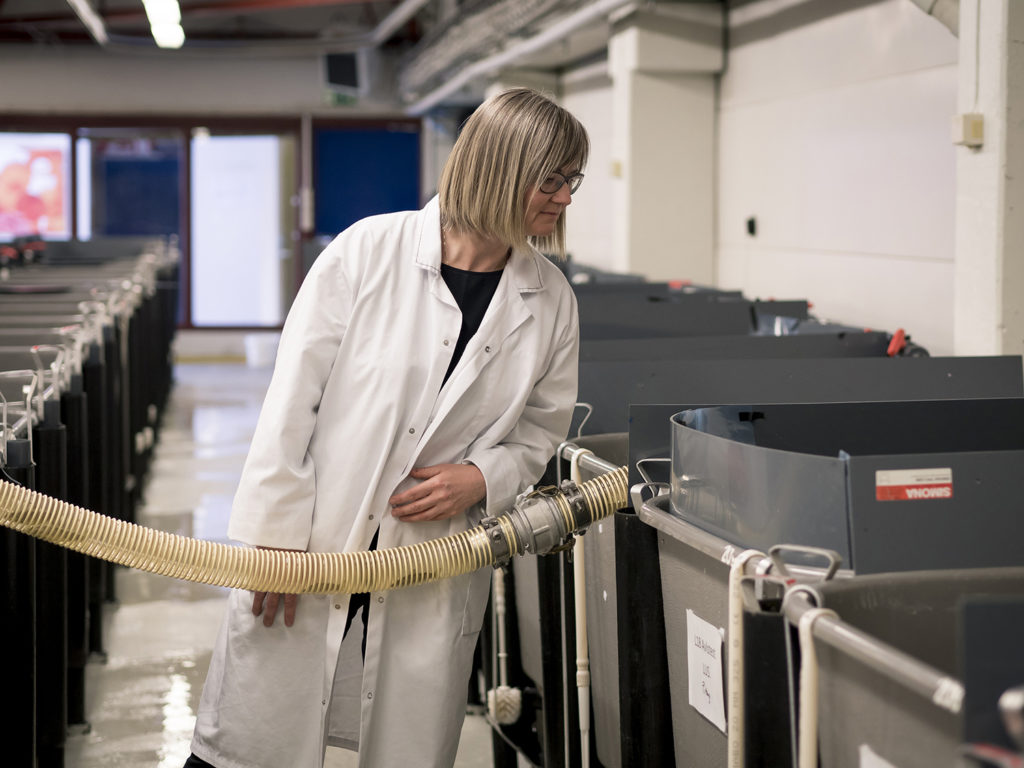
Innovation & Investment
AquaGen CEO: Genomics are transforming aquaculture
The CEO of AquaGen knew that the Norwegian research group’s work in genomics was key to the salmon industry’s future. And that was before she even worked there.
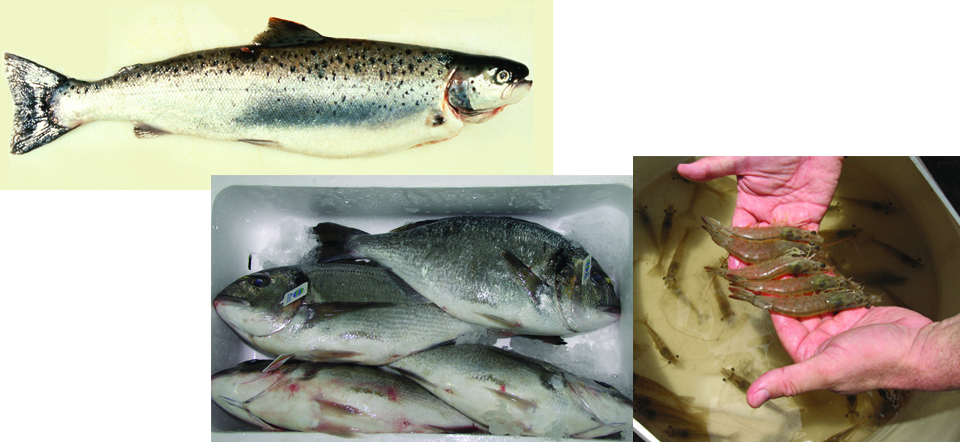
Health & Welfare
Aquaculture genomics: Progress in identifying species genetics continues
The continued application of genome research to aquaculture will provide unprecedented accuracy for genetic selection of performance and production traits.
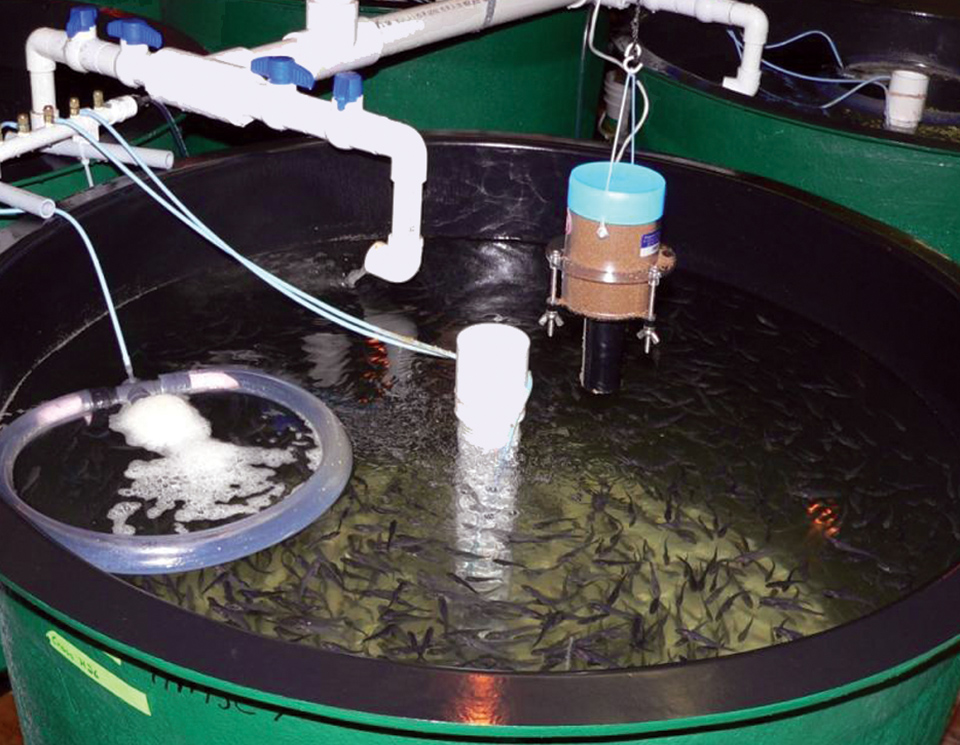
Health & Welfare
Atlantic cod genomics and broodstock development project
The Atlantic Cod Genomics and Broodstock Development Project has expanded the gene-related resources for the species in Canada.
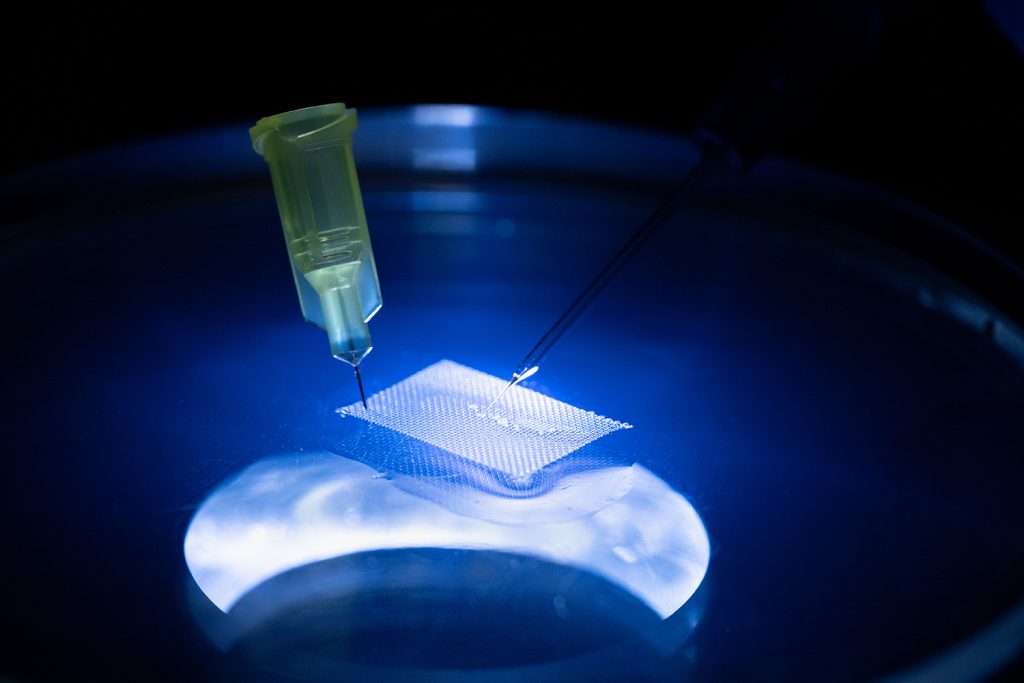
Innovation & Investment
Overcoming the ‘sterility paradox’: How new gene editing technology can solve it and benefit aquaculture
GOAL 22: Monosex sterile fish are good for farms but not hatcheries. The Center for Aquaculture Technologies solves this paradox at commercial scale with novel gene-editing technology.



